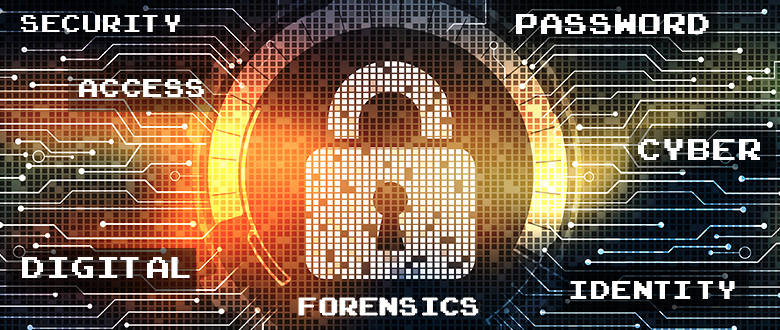The previous article was about the theory. In this part we’ll go directly to practice. If you possess a turned on and locked iOS device and have no means of unlocking it with either Touch ID or passcode, you may still be able to obtain a backup via the process called logical acquisition. While logical acquisition may return somewhat less information compared to the more advanced physical acquisition, it must be noted that physical acquisition may not be available at all on a given device.
In recent versions of iOS, successful acquisition of a locked device is no longer a given. Multiple protection layers and Apple’s new policy on handling government requests make forensic experts look elsewhere when investigating Apple smartphones.
Good news: Apple has officially responded.
iCloud sync is everywhere. Your contacts and calendars, system backups and photos can be stored in the cloud on Apple servers. This time, we discovered that yet another piece of data is stored in the cloud for no apparent reason. Using an iPhone and have an active iCloud account? Your calls will sync with iCloud whether you want it or not. In fact, most users we’ve heard from don’t want this “feature”, yet Apple has no official way to turn off this behavior other than telling people “not using the same Apple ID on different devices”. What’s up with that? Let’s try to find out.


